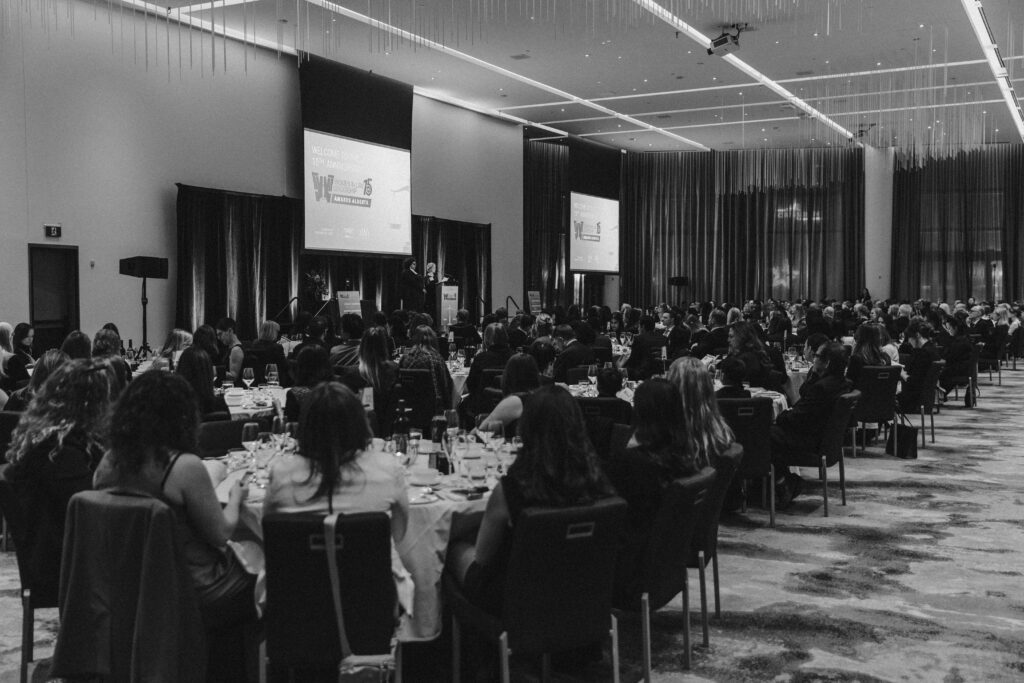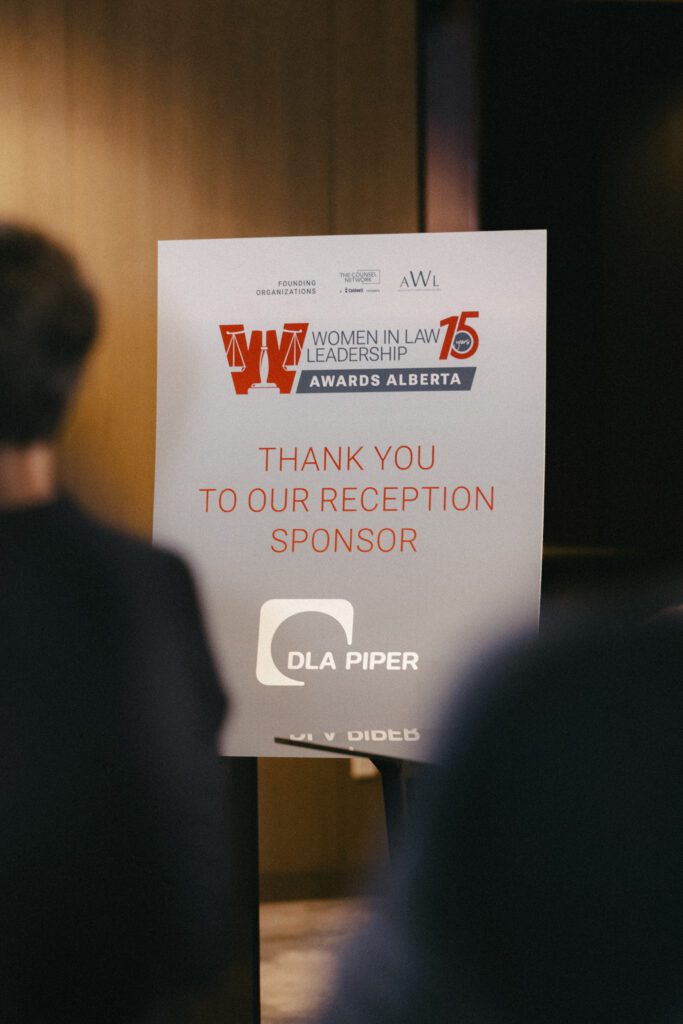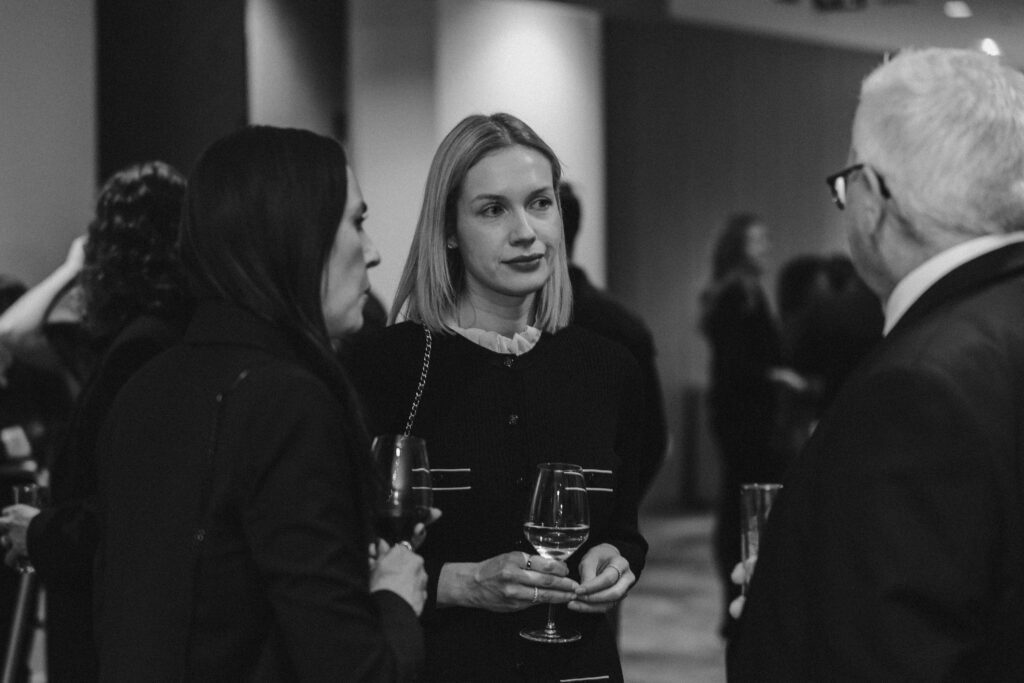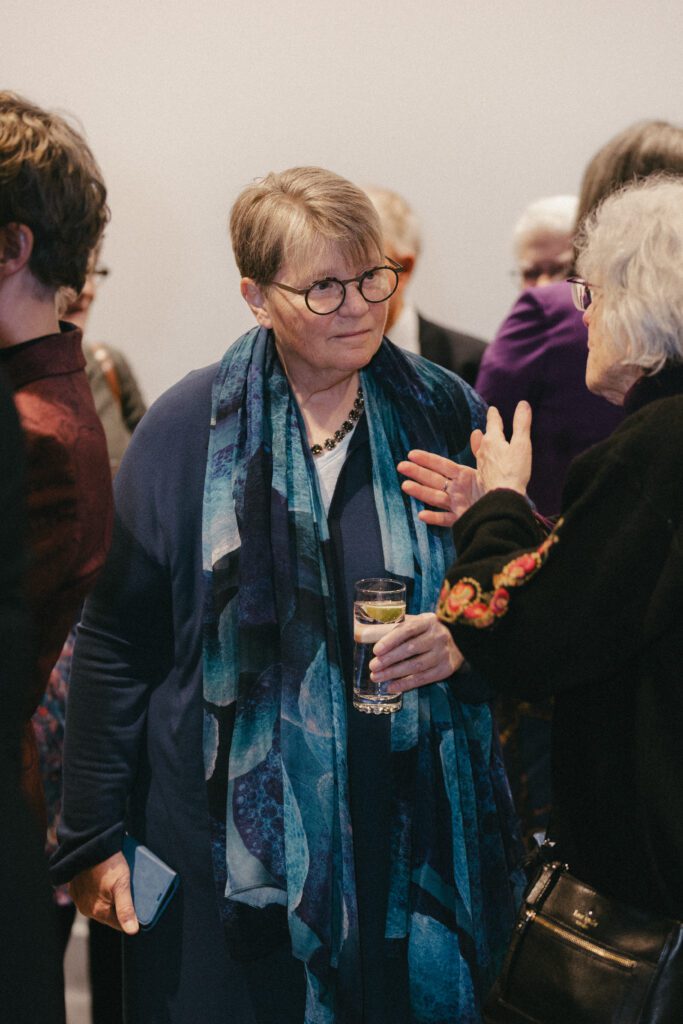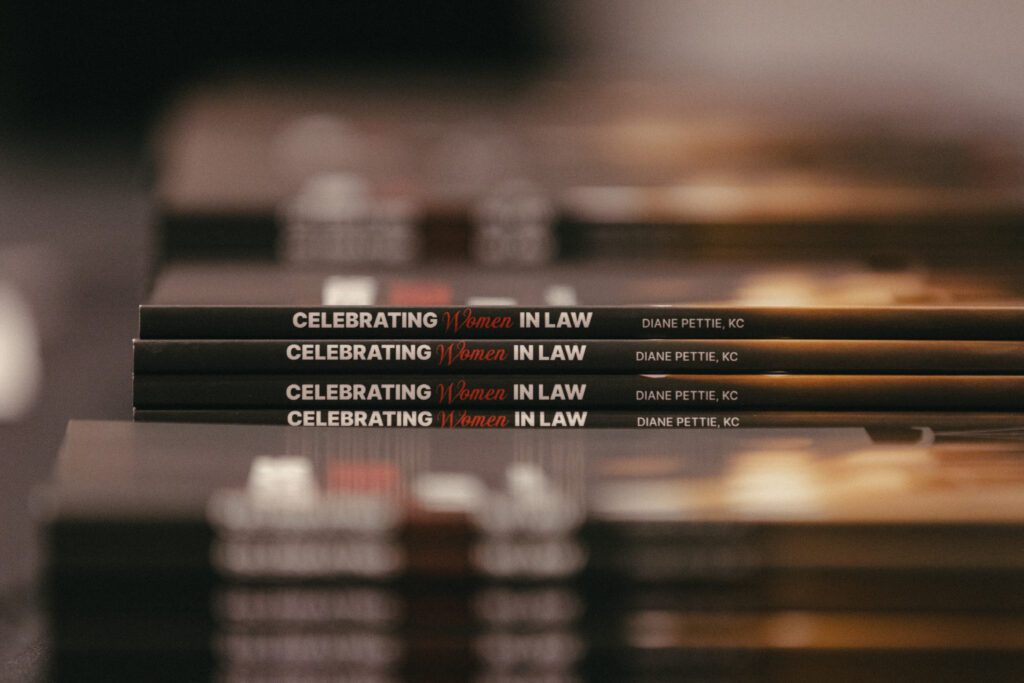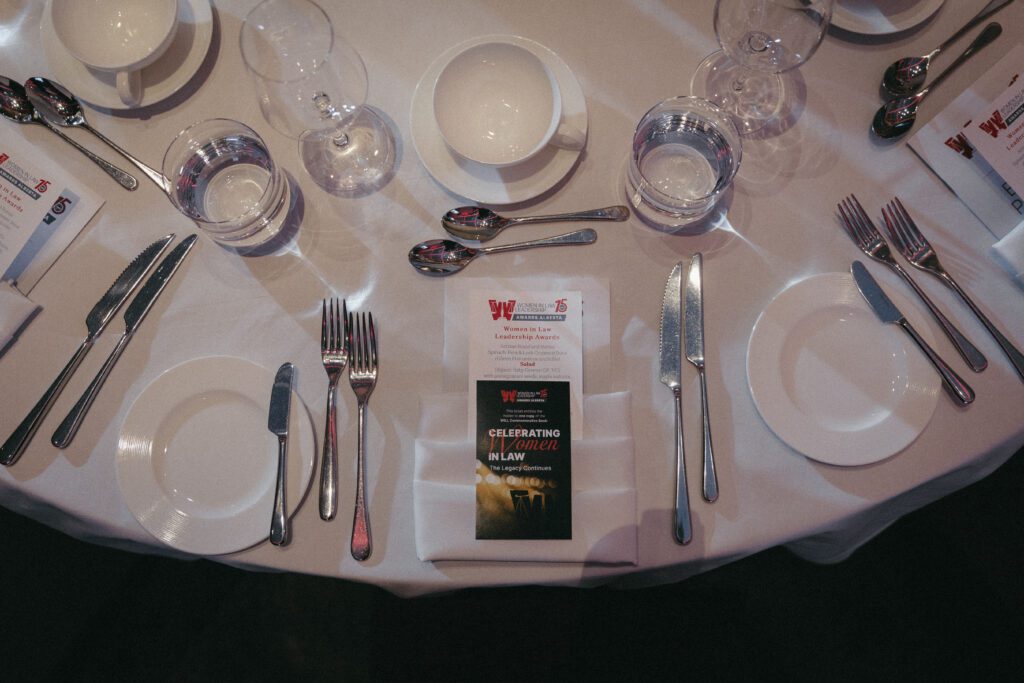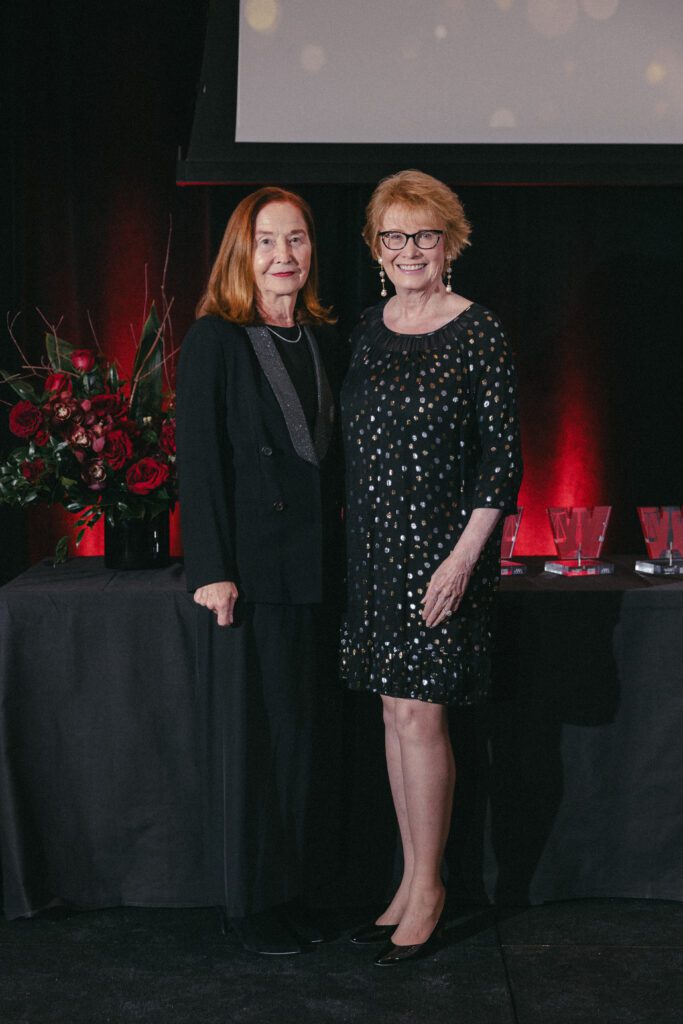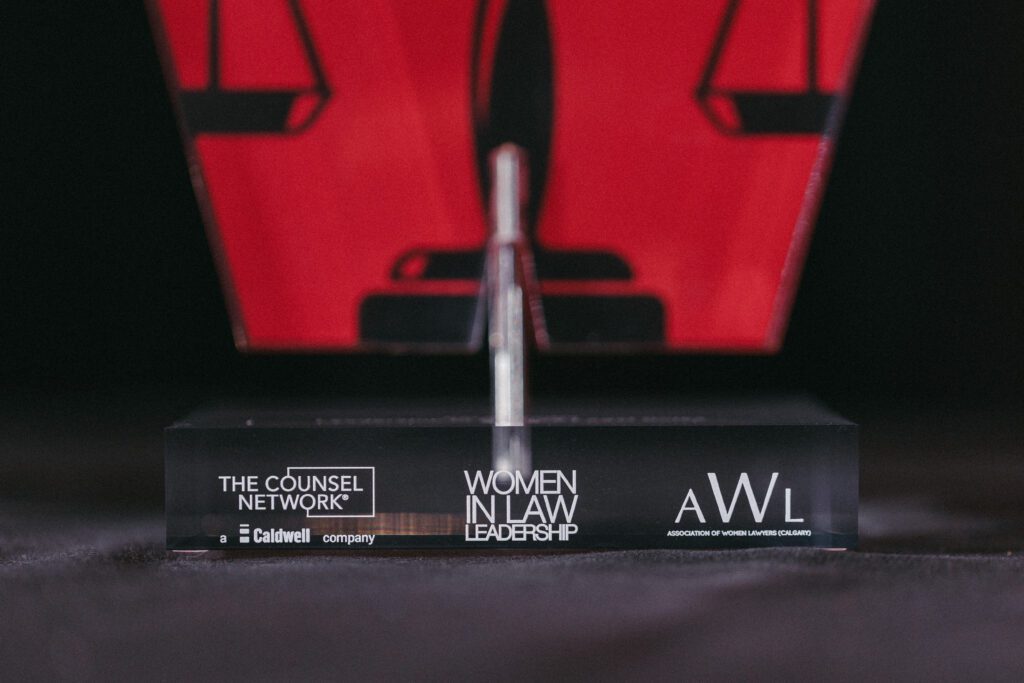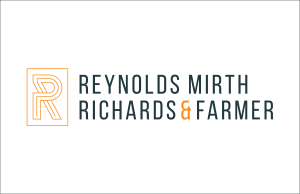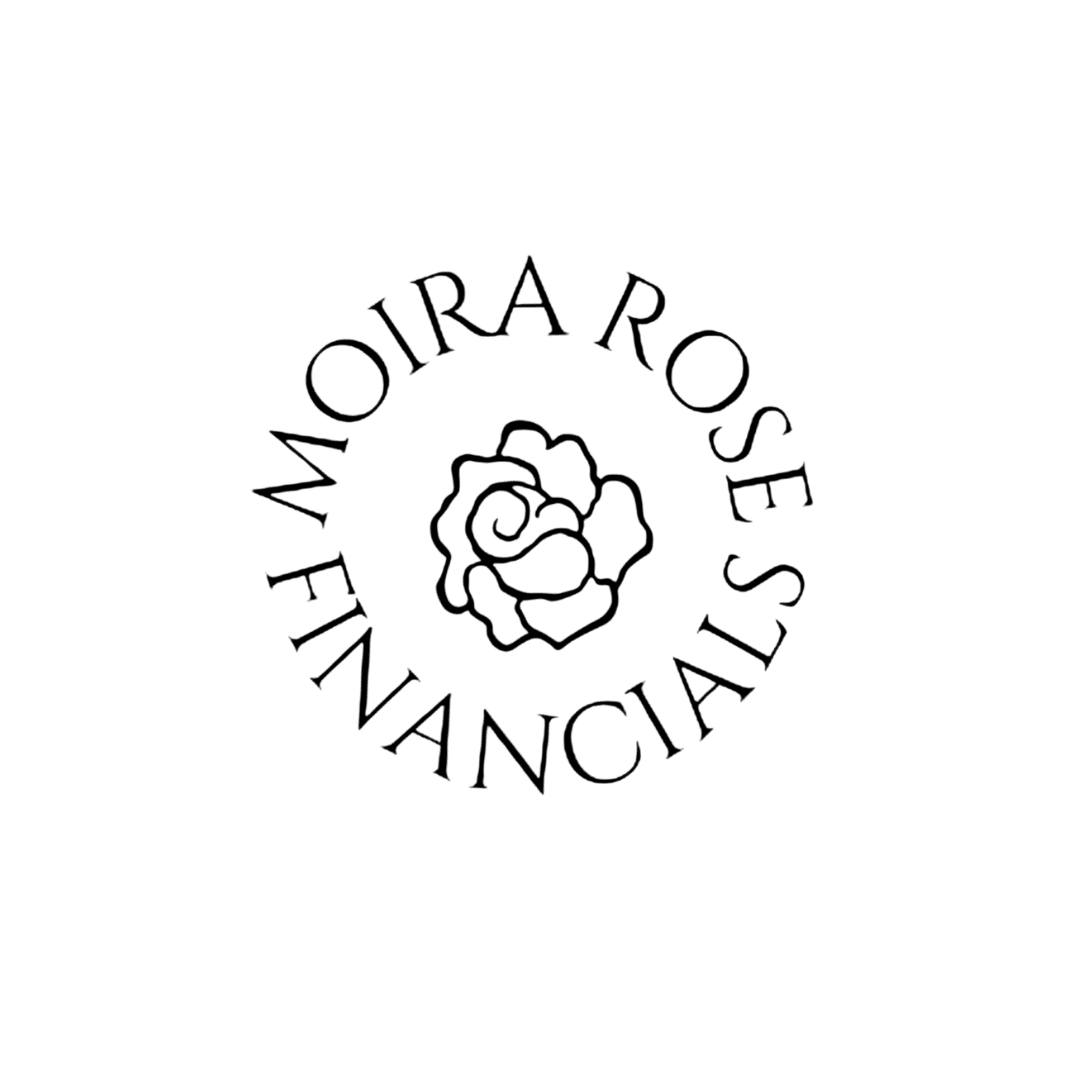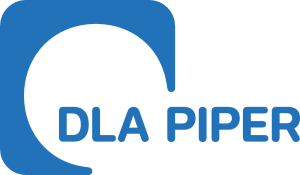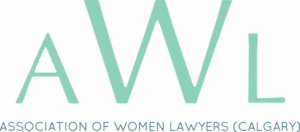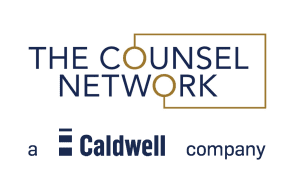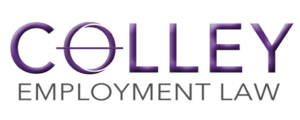Sheila Greckol graduated from the University of Alberta with a BA/LLB in 1975, followed by articles with the Court of Appeal of Alberta. For 25 years, she practiced labour and human rights law with a firm that became Chivers Greckol and Kanee. Appointed to the Court of Queen’s Bench in 2001 and the Court of Appeal in 2016, she served as a justice until retirement in 2022. Highlights of Sheila’s legal career include advocating for 2SLGBTQ equality in the Vriend case, for abortion rights and the Morgantaler clinic to help secure safe access to abortion, for paid maternity leave, and for trade unions’ constitutional right to strike.
As a trial judge, Sheila presided over a broad range of criminal and civil matters, and was appointed to hear applications brought for medically assisted death in northern Alberta pending changes to the Criminal Code. She was appointed a deputy Judge in Nunavut, where she volunteered as a trial judge in small communities across the eastern arctic. In 2012, on sabbatical at the University of Alberta, she wrote on restorative justice in sentencing indigenous offenders and the need for indigenized courts on First Nations.
As a member of the Alberta Court of Appeal, Sheila had the opportunity to consider current legal issues with broad impact on the community including justice in sentencing for indigenous offenders, the constitutionality of federal environmental legislation, and justice for women faced with intimate partner violence.
Throughout her career, Sheila has been involved in continuing education, including at the University of Alberta Law School, and with the National Judicial Institute in its work training judges in Canada as well as internationally, in Ukraine, Chile, Peru, Jamaica, and Korea.
Sheila has been recognized for her contributions to equality and justice, receiving the Suzanne Mah Award for distinguished service as a human rights lawyer (1993, 1999); the Canadian Bar Association, Bertha Wilson Touchstone Award (1998); the University of Alberta Distinguished Alumni Award (2018); and the University of Alberta Honorary Doctorate of Laws (2023).
Now retired, Sheila volunteers with Alberta Immigrant Women and Children’s Center, an organization helping newcomers with a particular focus on the needs of women and children. She and her husband, Bruce Hagstrom, enjoy Edmonton’s rich cultural scene, a close-knit community of family and friends, and travel to far-away places. They divide their time between Edmonton and Victoria, BC.

